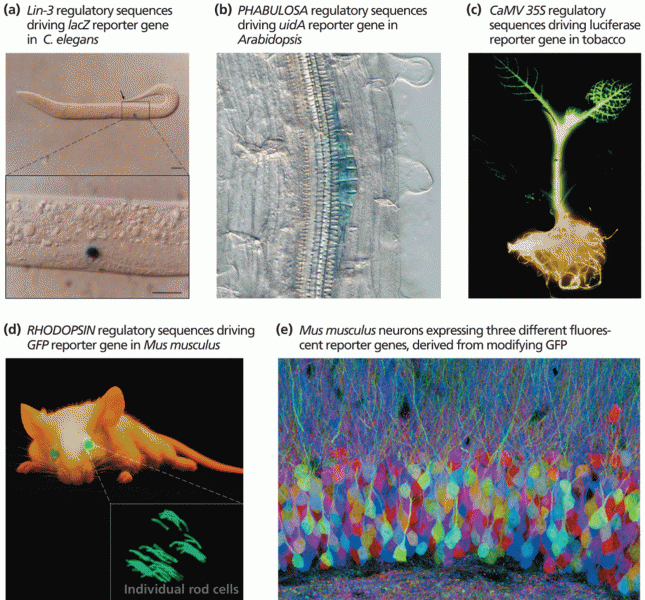|
|
|
Vital signs (blood pressure, temperature, pulse rate, respiration rate) should be taken before any drug administration. Patients should be informed not to use tobacco or caffeine at least 30 minutes before their appointment.
The training of an anesthesiologist typically requires four years of college, 4 years of medical school, 1 year of internship, and 3 years of residency.
Never take aspirin without food because it is likely to irritate your stomach. Never give aspirin to children under age 12. Overdoses of aspirin have the potential to cause deafness.
Malaria was not eliminated in the United States until 1951. The term eliminated means that no new cases arise in a country for 3 years.
More than 30% of American adults, and about 12% of children utilize health care approaches that were developed outside of conventional medicine.
 Deforestation and increased road-building in the Amazon Rainforest are a significant concern because
Deforestation and increased road-building in the Amazon Rainforest are a significant concern because
 Step 1 is to verify the customer concern or problem. If the problem cannot be verified, then the ...
Step 1 is to verify the customer concern or problem. If the problem cannot be verified, then the ...





